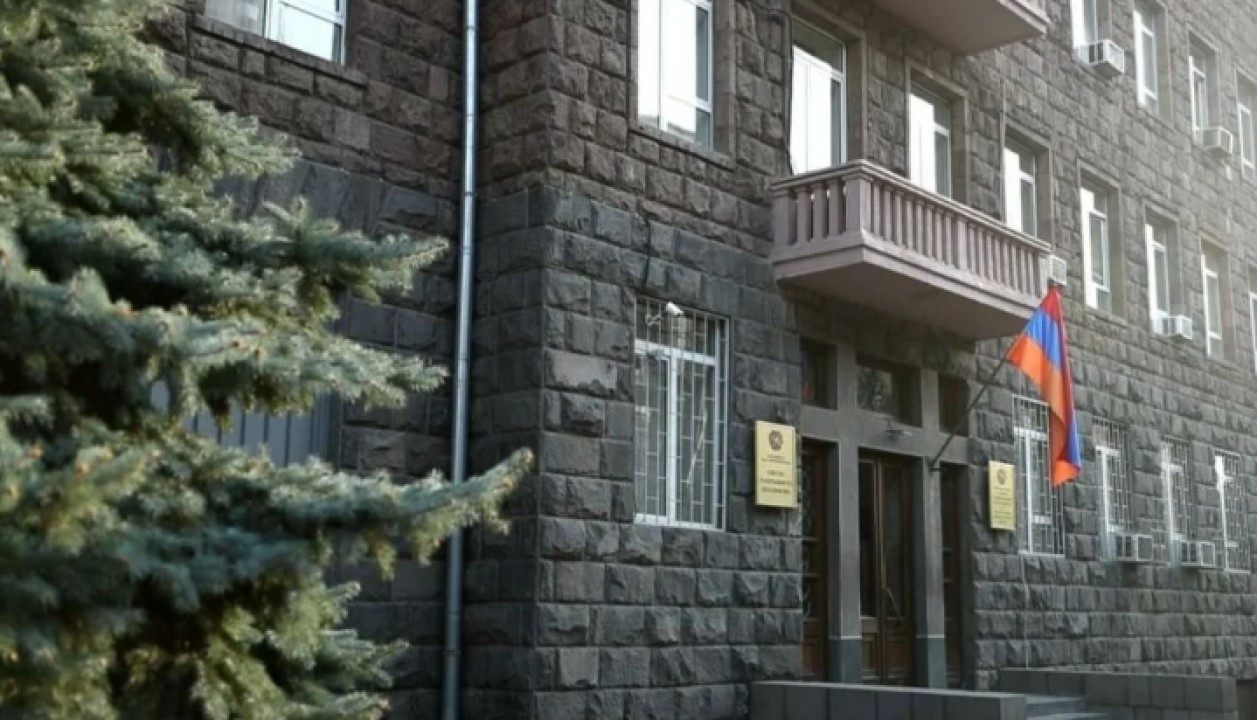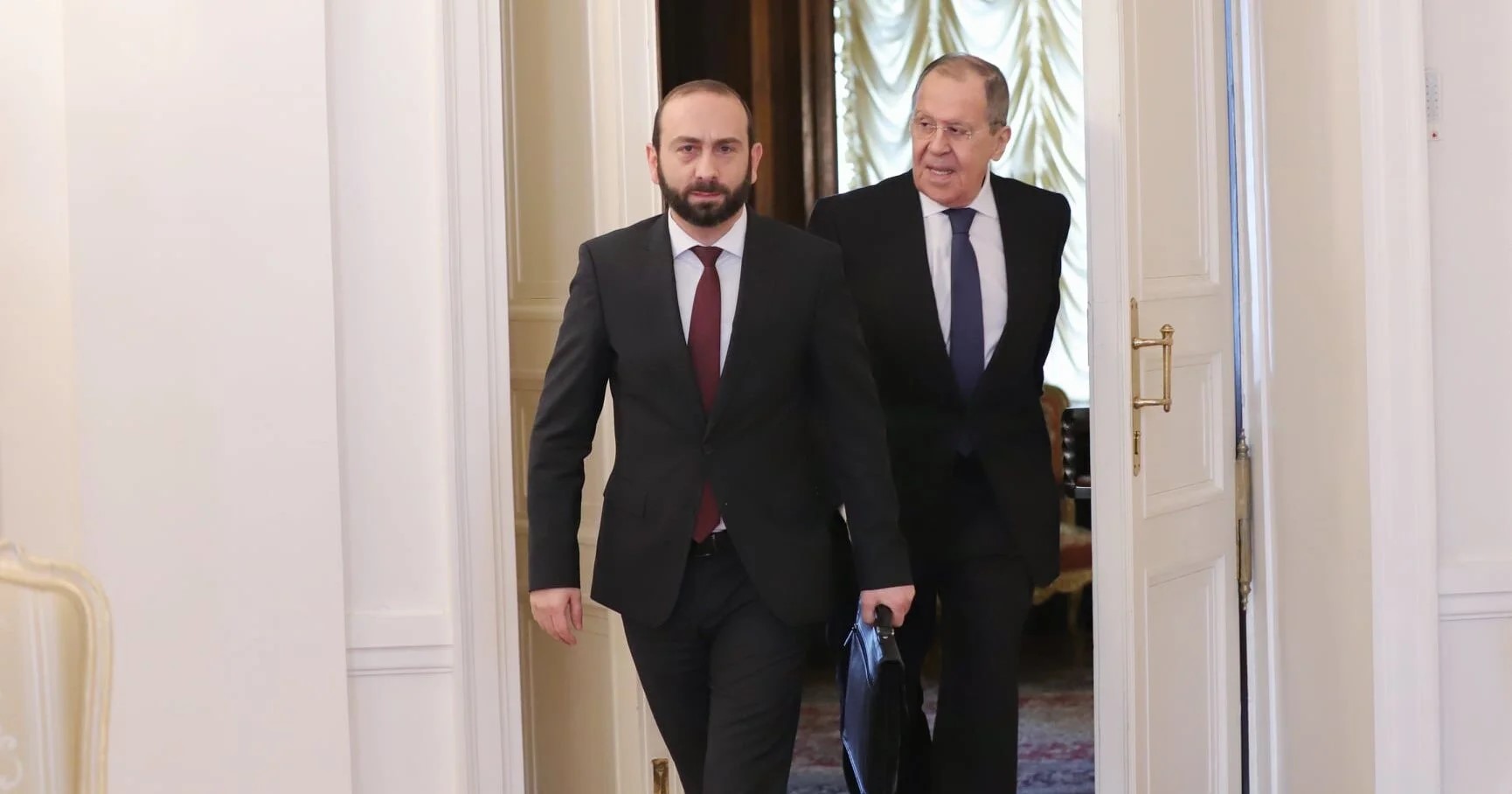Opinion: Armenian authorities "don't trust the National Security Service, the KGB's successor"
Reducing Armenia’s NSS power
Two years ago, Armenia established a Foreign Intelligence Service (FIS), which now proposes changes to the “State Secrets” law to grant itself the authority to access classified information directly.
Currently, the National Security Service (NSS) holds these powers, vetting individuals and deciding who can access secret information. The FIS aims to make these decisions independently, arguing that since the NSS previously handled these functions but is now a separate entity, the process needs to be updated.
This proposal, available on the e-draft.am platform for public and expert review, is open for Armenian citizens to comment until September 7. After this period, it will be submitted to the government and parliament for further discussion.
Experts view this initiative as further evidence of the Armenian authorities’ lack of trust in the NSS, the KGB’s successor, which continues Soviet-era practices.
The FIS was established in 2022 and is led by Kristine Grigoryan, a former deputy justice minister and human rights advocate. Armenian media reports that before her appointment, Grigoryan interned with Western intelligence agencies.
- Opinion from Yerevan: “A Russian-Azerbaijani tandem is forming”
- “Both a victorious and defeated Russia pose a threat to Armenia”: A view from Yerevan
- Russian border guards leave Zvartnots airport but remain in Armenia
Third reduction in the NSS’s powers
Earlier this year, the National Security Service (NSS) closed its investigative department, which dealt with complex cases involving smuggling, corruption, and drug trafficking. These functions have now been transferred to the Investigative Committee.
Previously, the State Protection Service, responsible for protecting high-ranking officials and key buildings, was moved from the NSS to direct reporting to the prime minister.
Details of the new proposal
The new draft proposal suggests:
- Granting the Foreign Intelligence Service (FIS) the authority to provide access to classified information.
- Allowing inter-agency oversight to maintain secrecy and prevent violations, subject to prior approval from the head of the FIS.
- Empowering the FIS to conduct operational and investigative measures as per the law if there are suspicions regarding individuals with access to classified information.
The justification for the proposal states: “Given its specific role, the FIS not only handles classified information but must also ensure its protection and security within its jurisdiction.”
The FIS anticipates that, if approved, the proposal will clearly delineate its powers and enhance its operational effectiveness.
Commentary
Human rights advocate Daniel Ioannisyan believes the proposal aims to:
- Prevent potential leaks of classified information related to foreign intelligence.
- Reduce Russian influence in Armenia.
“This is an attempt to prevent leaks of secret information from the Foreign Intelligence Service through the NSS. The National Security Service is not trusted in terms of safeguarding state secrets,” Ioannisian said.
He also noted the lingering influence of the Soviet KGB within the NSS and believes that the Armenian agency still maintains close ties with Russian intelligence services.
Ioannisyan suggests that the Armenian government is forced to make such “surgical interventions” due to its lack of full trust in the NSS, which he describes as the “KGB’s successor”:
“I suspect the Foreign Intelligence Service is concerned that if the NSS retains control and access to its classified materials, it could lead to leaks. They fear this information might be passed to other countries or entities not committed to Armenia’s security.”




















